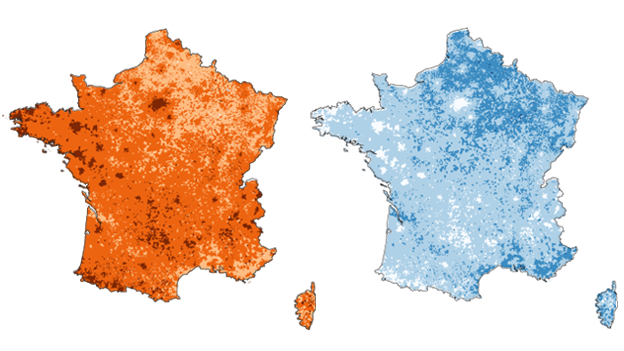France cuts billions from public spending to meet EU limit
- Published
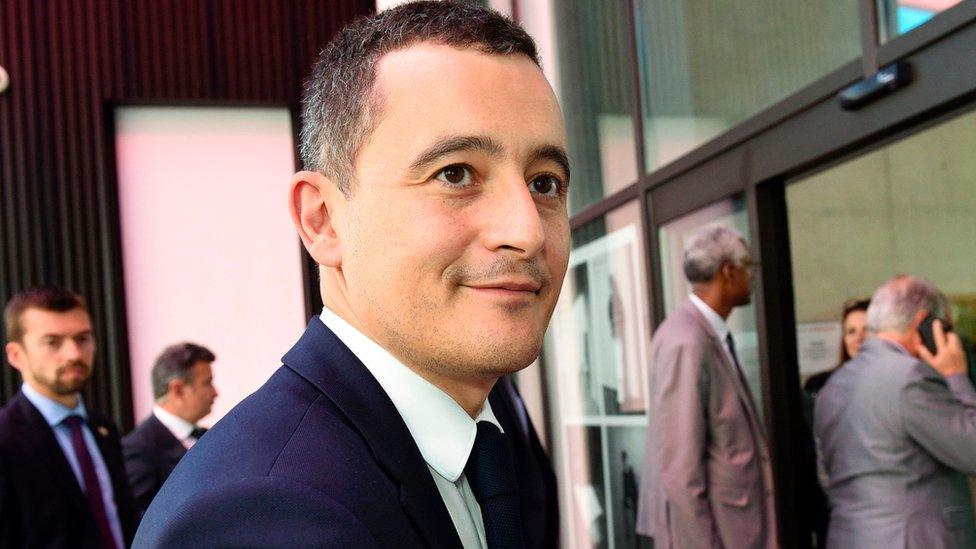
Budget Minister Gérald Darmanin said the cuts were "simply a matter of being rigorous"
The new French government has announced cuts to public spending to bring the deficit below an EU limit that has been flouted for a decade.
It says it will cut €4.5bn (£4bn; $5.1bn), primarily from defence, interior, foreign affairs, and transport.
The cuts mean spending projections fall to €322bn in 2017.
But the government has pledged that neither public services nor taxes will be affected.
President Emmanuel Macron made meeting the EU Stability Pact budget rules - that the deficit should not exceed 3% of output - one of his campaign pledges.
"We will keep France's word," Budget Minister Gérald Darmanin told Le Parisien, where he announced the programme in an interview on Tuesday (in French), external.
He later told RTL radio station that the savings were "simply a matter of being rigorous".
Macron: What are the French president's policies?
Emmanuel Macron's conquest is complete - what now?
Macron's official portrait prompts a meme frenzy
The biggest savings will come from:
The defence ministry, where an existing plan to cut the military budget by €850m will be honoured
The interior ministry, where €526m of operating costs will be cut "without affecting the police force and gendarmerie", Mr Darmanin said, during France's prolonged state of emergency following a spate of deadly attacks
The foreign affairs ministry, where €282m will go - half in overseas aid
The transport ministry, where cancelled infrastructure projects will save €260m
Cuts will also hit the official fleet of cars and the prime minister's office, among others.
The savings will defy gloomy predictions by the Court of Auditors, which had warned that the 2017 deficit ratio would reach 3.2% unless the government made "unprecedented" savings.
Even greater savings will be needed next year, commentators pointed out.
Meanwhile, Mr Macron is in Lausanne, Switzerland, to front his country's bid to host the 2024 Olympic Games. It is competing with a bid from Los Angeles in the US, but a number of prospective hosts have been scared off by the enormous cost of staging the Games.
The International Olympic Committee will vote for the winner on 13 September.
Last week, Mr Macron proposed cutting the number of lawmakers by a third in a radical overhaul of government.
- Published3 July 2017
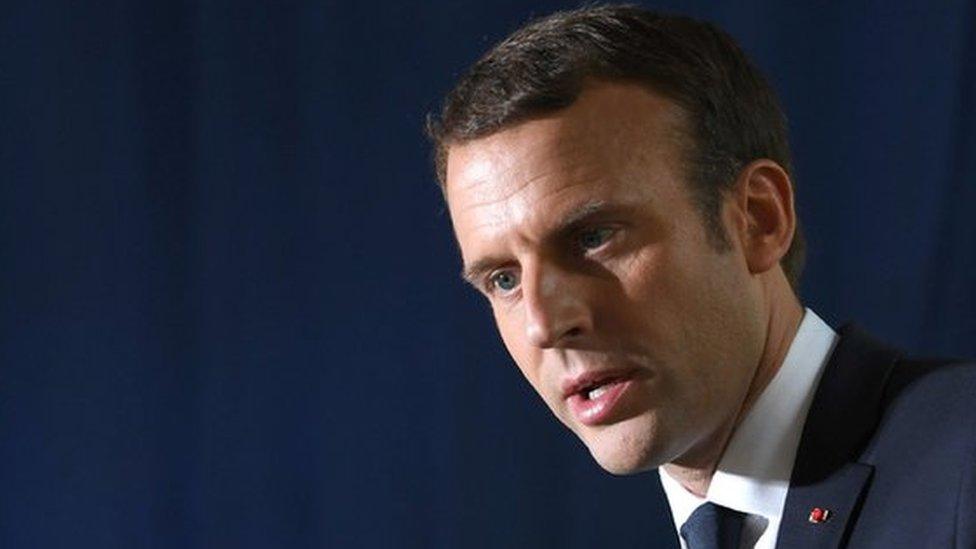
- Published30 June 2017

- Published3 June 2017
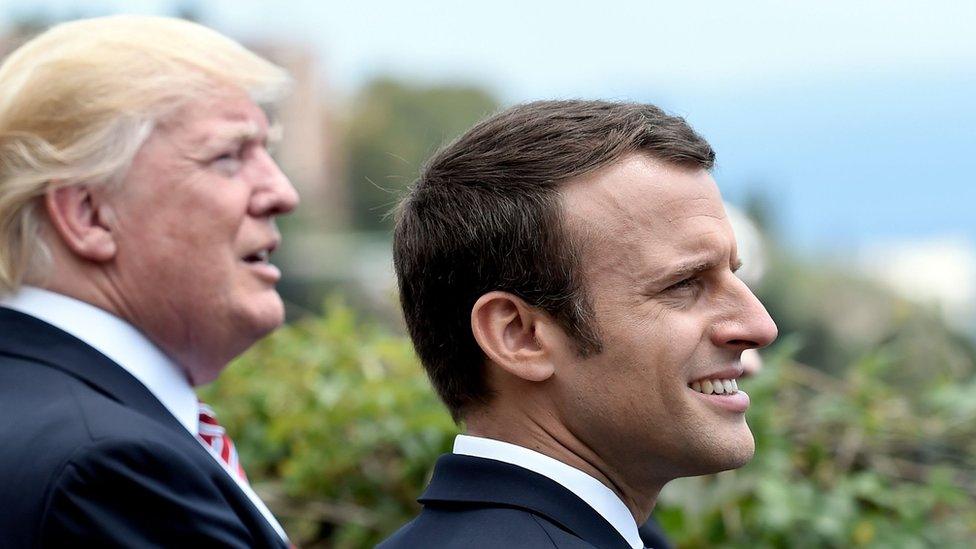
- Published18 June 2017
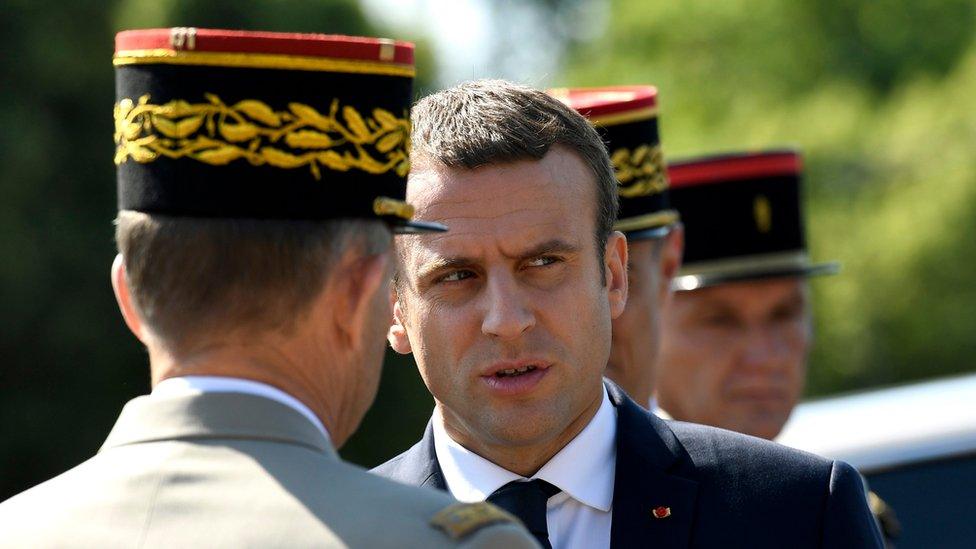
- Published12 May 2017
